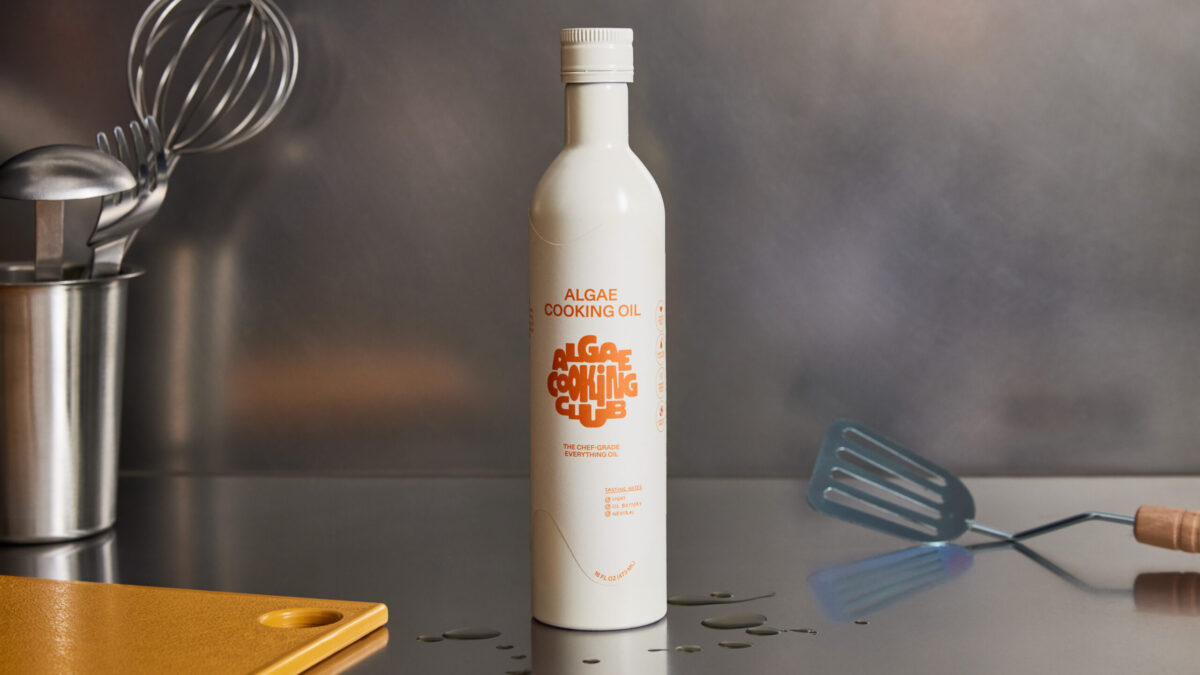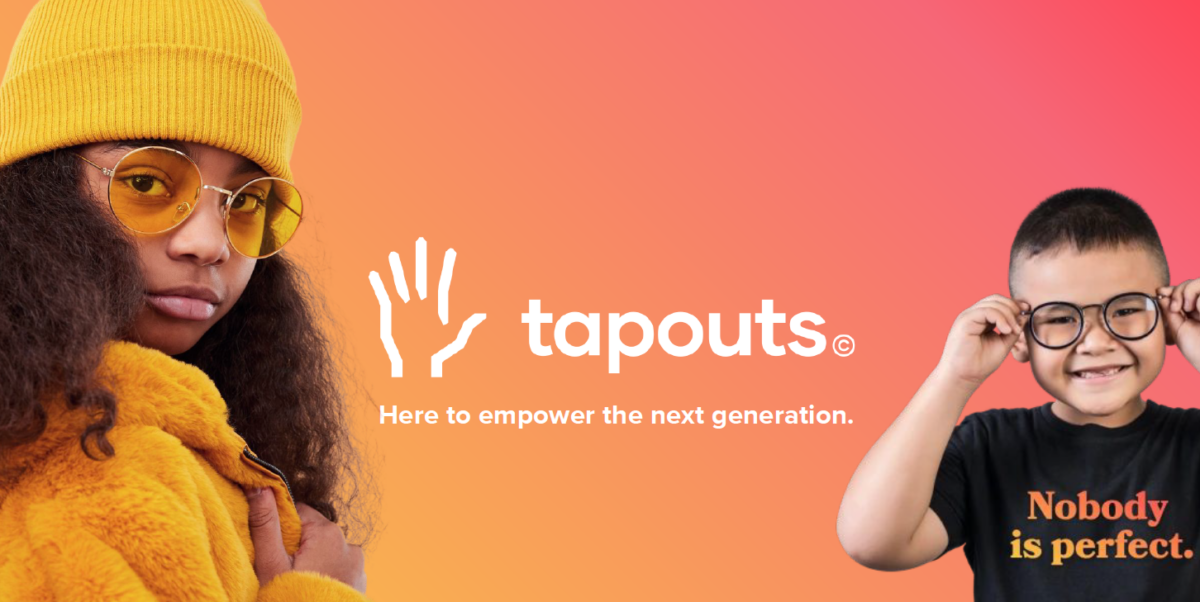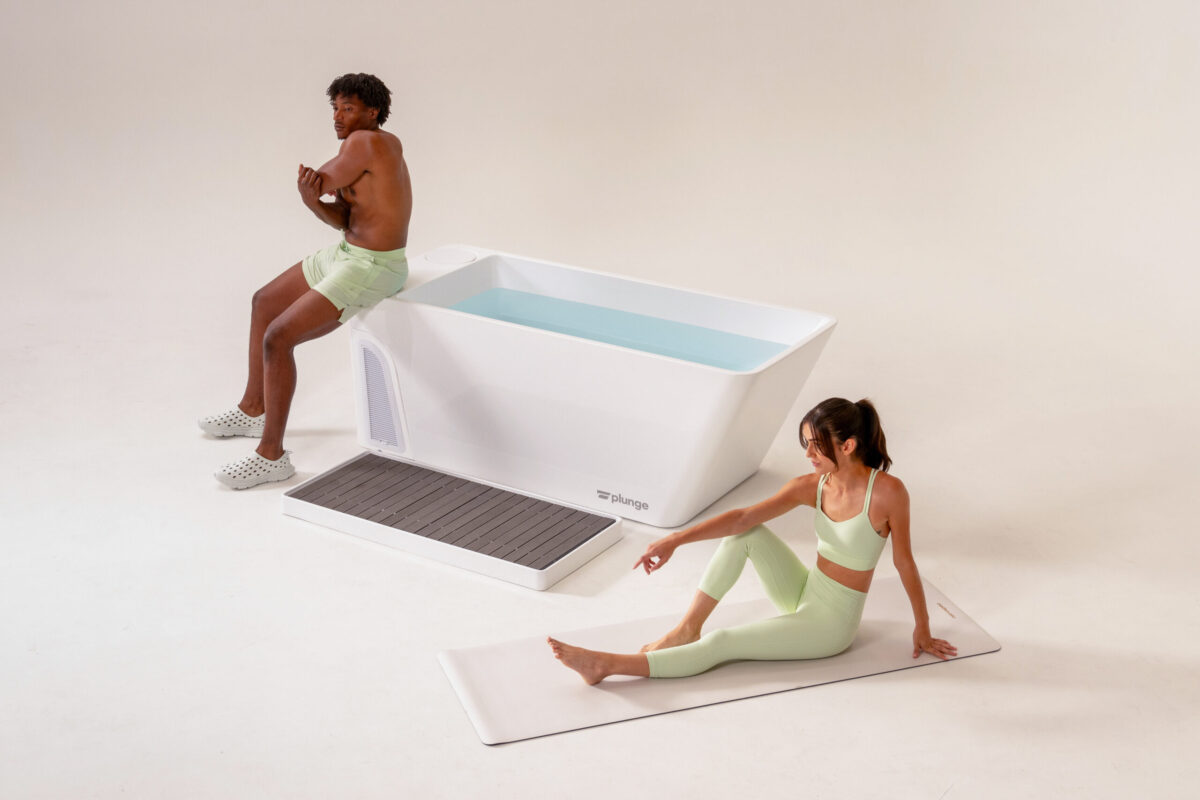In this Q&A, we caught up with Dr. Ryan Greene, co-founder and medical director of Monarch Athletic Club, a medically driven health club concept. Ryan shares how its two California-based clubs aim to shift traditional healthcare to a one-stop shop for preventative care, movement as medicine, and personalized health programming.
Can you tell us about what you’re working on at Monarch Athletic Club?
Ryan Greene: Monarch Athletic Club is reimagining health and wellness by providing unlimited medically driven services including personal training, preventative medicine, and physical therapy. Backed by a team of industry experts, our clubs’ mission is to enhance your overall well-being through transformative amenities and industry-leading membership benefits.
We have proven that a medically directed facility with all the necessary foundational tenets of health is essential to improving health, healthspan, or quality of life — so essential, in fact, we were authorized to remain open throughout the pandemic.
But we’ve also proven curating community through a convenient, comprehensive, elevated, limited-membership health offering yields incredible outcomes regardless of what someone may come to us hoping to help or heal.
How did you come up with the idea? What key insight led you to pursue this opportunity?
RG: While serving as a Sports Medicine Clinical Research Fellow at Mayo Clinic in Rochester, MN, I spent a weekend at The Mall of America.
The idea for Monarch was born from people-watching, observing the fact that people will gladly spend time and money at a place that literally “has it all.”
I compared that moment with what I knew and had seen in the traditional health system, with the complexity and disjointedness of navigating a personal health journey causing huge logistical headaches.
Why couldn’t an individual show up to just one facility and be guided through a program of movement, preventative medicine, physical therapy, and nutrition that would yield meaningful and sustainable health improvement?
To make something like that work, convenience and efficiency are key because consumers crave it, evidenced by the continued success of Amazon, Walmart, and Costco.
Translating to health, the majority of our population does not have time to coordinate multiple visits at multiple facilities multiple times per week, thus most just choose to try and exercise somewhat regularly and hope that will improve their health and quality of life. But, we have enough data now to show that is insufficient and ineffective. Monarch, and the Monarch system, offers all one could need in an unlimited capacity to optimize their health outcomes.
Ultimately, the health and wellness landscape needs to progress to offer a “why” to incentivize people to change — and looking good and feeling good, unfortunately, does move the needle for most.
Thus, I am hopeful that a comprehensive, data-driven system like Monarch, in addition to a shift by the insurance landscape and healthcare system to preventative or performance-based care (like the car insurance model), will allow people the opportunity to reclaim their health and also benefit financially from doing so.
How did you turn your idea into a company?
RG: Opening two months before the pandemic (January 6, 2020) could have been catastrophic, but we demonstrated that building a health and wellness platform on evidence-based medical principles could endure even the most extreme societal conditions.
While many wellness concepts floundered, we were able to successfully achieve profitability, reach capacity at our first location in less than three years, and open a second in April 2023. We now have greater than 30 employees, raised an additional $1.5M in capital to launch the second location, and are preparing for three to five more locations over the next two or three years.
How big can this get? What’s the addressable market and how do you go about capturing it?
RG: We are a transient global society, meaning maintaining a consistent health routine is challenging based on access and amenities available wherever one may travel.
The beauty and added inherent value of the Monarch Athletic Club model is our system is designed so any member can work with any part of our system at any location (similar to the Soho House, where members can expect similar amenities no matter which they go to).
Ultimately, no matter who you are, the great equalizer is health, and that can’t happen without access.
Monarch Athletic Club is uniquely positioned to create a globally integrated network minimizing barriers for an individual to remain consistent and compliant with their health improvement program.
Who is the core customer? How are you acquiring customers? And how will you grow the customer base?
RG: To date, our core customer has been professionals from any field who recognize their ability to obtain and sustain is driven by their body and mind functioning at a high level. In most cases, this means an individual who can afford a slightly higher price point for the greater value of services.
Word of mouth has been our best recruitment tool for this cohort, as those who join overwhelmingly are pleased with the service offering and their subsequent health improvement. With 200–300 members as the ideal club size, it doesn’t take many satisfied members to generate referrals to fill our clubs rather quickly.
Future growth opportunities loom large within corporate wellness as our brick-and-mortar club, as well as virtual platform (in development), offer a validated opportunity for companies to offer an invaluable benefit that improves employee performance and satisfaction while reducing healthcare costs for the company.
We are hopeful as the insurance industry starts to shift, we will be able to generate more corporate wellness partners and make the Monarch membership a standard benefit across the country.
Looking at your road map, what are some of the milestones you’re targeting over the next 3-6 months?
RG: We are excited to ramp up our second location (Brentwood) and achieve profitability by the six-month mark, which would be a testament to our product and system — we currently have a waitlist to join >200 individuals for the newest location.
But, we have recognized high-quality labor is hard to find in this market, so we are building an internship/mentorship program to help build and sustain a pipeline of quality coaches to support our members and offer future opportunities for young coaches in Monarch and beyond.
Finally, we aim to launch our Monarch Mind concept, which will include medically directed therapies aimed to support treatment for those struggling with anxiety, depression, and PTSD. We have found that by being able to support mental health therapies in conjunction with our physical health program, we can truly become a leading wellness model that has global impact potential.
Anything else you’d like to share with readers?
RG: I am fortunate to be the benefactor of the work of innovators such as Dr. Andy Galpin, Dr. Peter Attia, Dr. Mark Hyman, Dr. Andrew Weil, and countless others. The level of knowledge surrounding preventative health (or Medicine 3.0, as Dr. Attia calls it) is increasing rapidly, and the thirst from the public is overwhelming.
We’re actually not doing anything significantly complicated, as we believe if the simple health-promoting behaviors can be developed and sustained, the health of our global community will truly start to improve.
If you’re interested in having your company featured in our Startup Q&A series, send an email to team@fitt.co.



